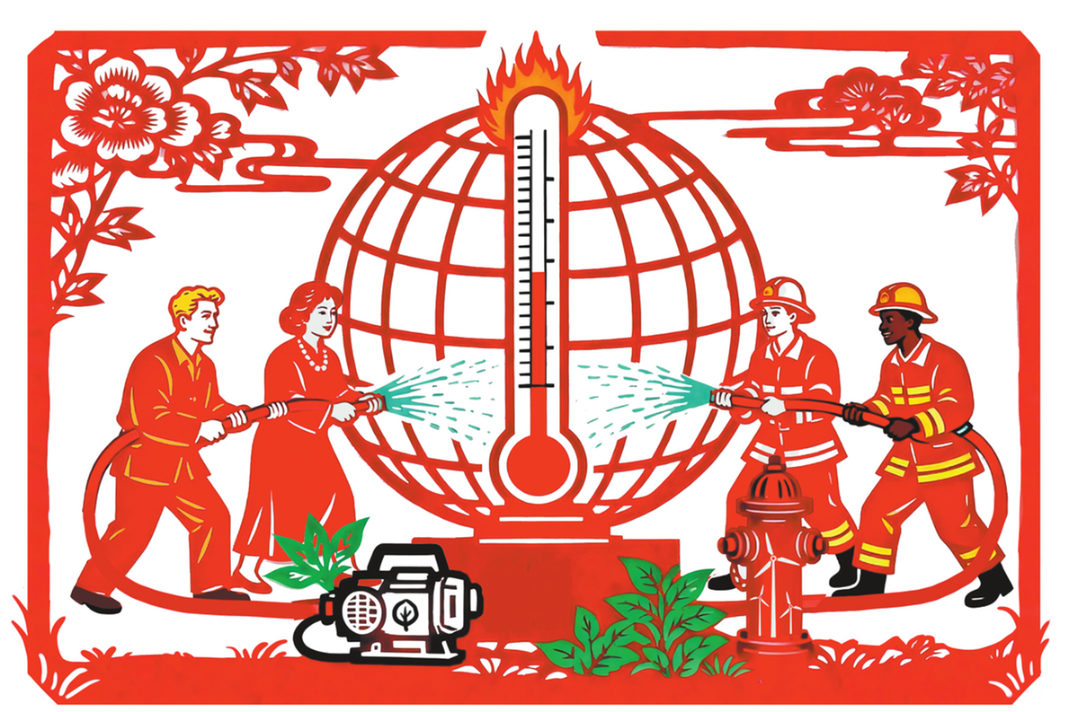Work in progress
China and Japan should revisit the original aspiration and promise of developing long-lasting friendly relations

China and Japan should revisit the original aspiration and promise of developing long-lasting friendly relations

China and Japan normalized their bilateral ties in 1972 and signed their Treaty of Peace and Friendship in 1978. By learning from the past, the two nations turned a new leaf in bilateral ties and set the general direction of developing peaceful and friendly relations.
As close neighbors, China and Japan had records of friendly exchanges in ancient times but China also suffered from Japanese aggression in modern times. Some postwar issues that should have been resolved after the two countries normalized bilateral ties, such as Japan's view of history and the sovereignty of the Diaoyu Islands, have been left over. These issues have caused negative impacts on the development of their relations. To resolve these thorny problems requires wisdom and joint efforts. How Japan views China's rise is also shaping their relations. Fundamentally, the crux of bilateral relations is whether the two nations can forge a new type of future-oriented ties under the new situation of China's rise.
The general trend of the times is that the dominance of the West is declining, and the overall strength of the developing world is rising. The postwar international order dominated by the United States and its Western allies is being reshaped. In this process, the world is facing the choice between trying to maintain the hegemony of the West and working together to build a more inclusive and fairer global order.
China is the largest and fastest-growing developing country, and also the biggest driver of global economic growth. China's economic rise over the past decades is the result of its joining the global economy and integrating into the world system while being committed to its path of peaceful development. China is striving for its own interests through competition, but it neither seeks exclusive interests nor hampers the development of other countries. China is expanding its influence and promoting a new type of international relations and global order, but it doesn't pursue hegemony; instead, it advocates win-win cooperation.
Despite its peaceful rise, China's rapid growth has raised concerns in the West. The US regards China as a strategic rival and attempts to contain its rise via comprehensive strategic competition with China. A US-China confrontation would endanger world peace, and jeopardize global cooperation in areas such as shifting to a new development paradigm, responding to climate change, and building a fairer global order. If Japan views a rising China as a threat and jumps on the US' anti-China bandwagon, it will only exacerbate the differences that exist between the two countries and make the already delicate situation more risky.
China and Japan must evaluate their bilateral ties without losing sight of the overall picture. The two sides should endeavor to build a new type of future-oriented relationship that is conducive to world peace and development. It is in the fundamental interests of both countries to promote peaceful coexistence. After the end of World War II, Japan learned lessons from its wartime mistakes, and embarked on a path of peaceful development, which won high acclaim from the global community. China, which has a long-standing tradition of valuing harmony and peace, is pursuing the construction of a community with a shared future for mankind. The two countries should strive to reach a consensus through dialogue and consultation, and turn it into actions.
As this year marks the 50th anniversary of the normalization of Sino-Japanese ties, the two neighbors should seize the opportunity to engage with each other in a wide range of areas — such as political, business, military and intellectual circles — and across all strata of society. The two should strive to break away from the inertia of history and the traditional way of thinking and push for cooperation and consultation with their eyes set firmly on the future, keeping the overall picture in mind. Only in this way can the two countries walk out of the "security dilemma" they are caught in due to the old mindset of strategic competition.
Today, China has surpassed Japan to become the world's second-largest economy. Japan's anxiety, suspicion and concern over China's rise, which is reinforced by its alliance with the United States, will influence the development of bilateral ties. On the other hand, China also faces the question of how to get along with a country that once inflicted immense suffering on it. China is disappointed at Japan's joining the US-led clique aimed at containing its rise. In such circumstances, the two countries should seek common ground while shelving differences to reduce confrontation and increase coordination and synergy.
Efforts should be made on several fronts to steer the Sino-Japanese relations onto the right track.
First, they should preserve the foundation for normal economic exchanges and cooperation between the two countries, particularly the supply chains, and prevent an economic decoupling resulting from Japan's following the US' hard line on China. Second, they should build a high-level strategic dialogue mechanism, which allows the two sides to discuss matters of major concern and secure consensus on the handling of sensitive issues, thus avoiding the escalation of confrontation and conflicts. Japan must not cross the redline on the Taiwan question, which is the most sensitive issue in bilateral ties. Third, they should expand people-to-people exchanges and ameliorate the public sentiment in each country toward the other.
Since there is a real risk that ties between them could deteriorate further, the two sides must work together to prevent this from happening and push for the healthier development of their relations.
The author is a member of the Chinese Academy of Social Sciences and dean of the Institute of International Studies of Shandong University. The author contributed this article to China Watch, a think tank powered by China Daily.
Contact the editor at editor@chinawatch.cn


































